Blog
June 14, 2019 | Help Overturn Governor Sununu’s Clean Energy VetoGovernor Sununu recently vetoed a critical clean energy bill that will boost solar power and help control energy costs in New Hampshire. Legislators now have an important opportunity to override this veto and ensure this key bill becomes law. | 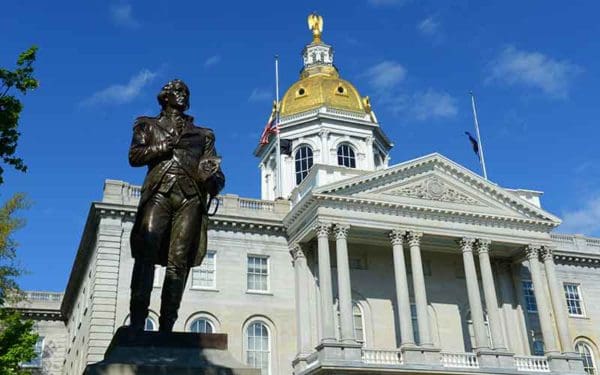 |
June 14, 2019 | Polluted Runoff Threatens Charles RiverThe next time it rains, take a close look at puddles in a parking lot. You’ll likely see an unsettling rainbow shimmer of oil. That oil doesn’t stay put in those puddles. Instead, the rain pushes it over the asphalt and into the nearest body of water, gathering other pollutants as it goes. The Charles… Continue reading Polluted Runoff Threatens Charles River | |
June 14, 2019 | Maine Looks to Strong Solar Policy and Renewable Energy GrowthGovernor Mills reinstated net metering, and the Maine legislature is now considering two important renewable energy bills. | 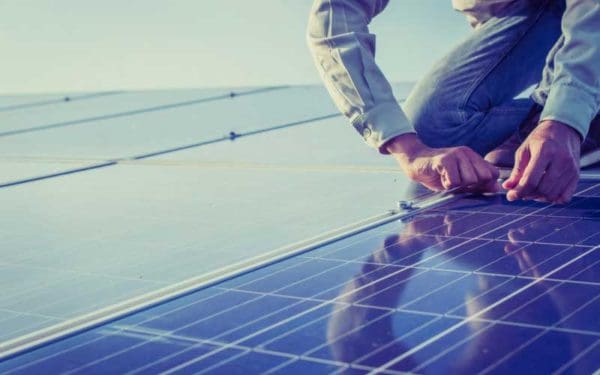 |
June 11, 2019 | Why Clean, Renewable Energy Is Ready for PrimetimeIn spite of its critics, clean, renewable energy continues to come down in price and become better able to handle the demands of our electricity grid. | 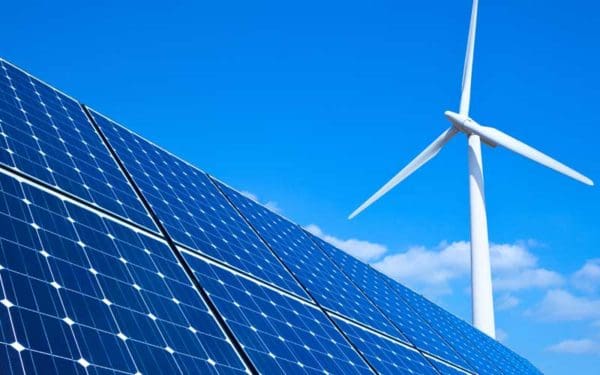 |
June 10, 2019 | The Seacoast Reliability Project Threatens Public Waters for Private GainThe Great Bay estuary is special. It’s where we love to kayak, where our local oysters come from, where we can hike and see ospreys fishing and eagles soaring. To protect the estuary, CLF and several communities have been making progress on the most significant direct sources of water pollution – sewage treatment plants. But now that progress could be undermined. Eversource Energy wants to build a new transmission line through the estuary, plowing through Little Bay and putting the health of the estuary at risk. We’re concerned – as are countless Seacoast residents – and are fighting to ensure the estuary’s health. | 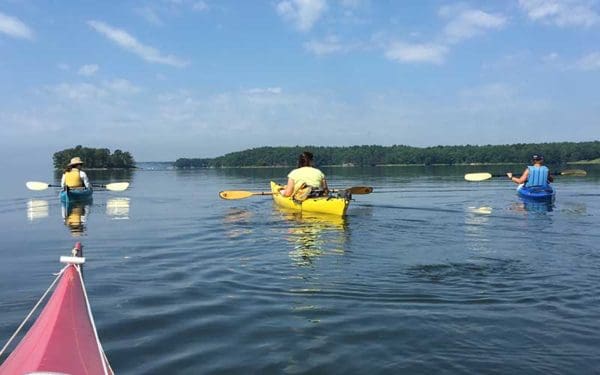 |
June 5, 2019 | State Approval of Landfill Expansion is IllegalWheelabrator cannot be allowed to ignore those whose lives are most directly affected by its proposal to expand its massive ash landfill in Saugus, Massachusetts. | 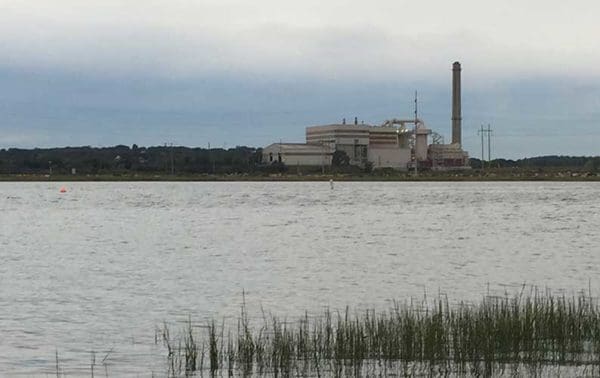 |
June 3, 2019 | Video: Saving the North Atlantic Right WhaleNorth Atlantic right whales are one of the most endangered whales on the planet. This iconic species could go extinct in our lifetime, but it’s still within our power to save them. Meet the people using the power of the law, science, and photography to save the right whale — and join us in the fight. | 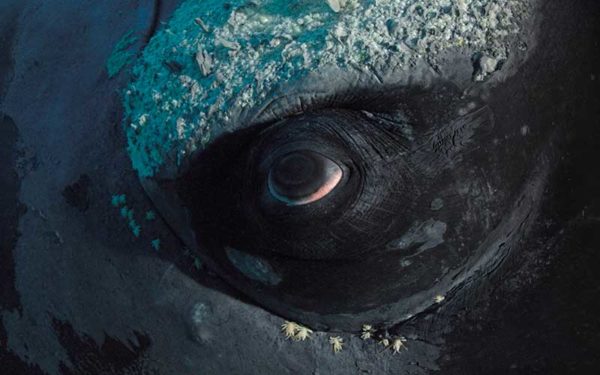 |
May 17, 2019 | National Research Study Affirms Connections Between Health and HousingNew England has a housing crisis – and it’s impacting our health. These are the findings of the latest County Health Rankings, a project of the University of Wisconsin and the Robert Wood Johnson Foundation. The study found that housing affordability and quality are major influencers of health here in New England. |  |
May 17, 2019 | Tailpipe Pollution is Harming Our Children’s HealthTailpipe pollution from idling vehicles wreaks havoc on our environment and our health. Laws to prevent excessive idling are rarely enforced, so CLF is stepping in to hold New England’s biggest tailpipe polluters accountable. | 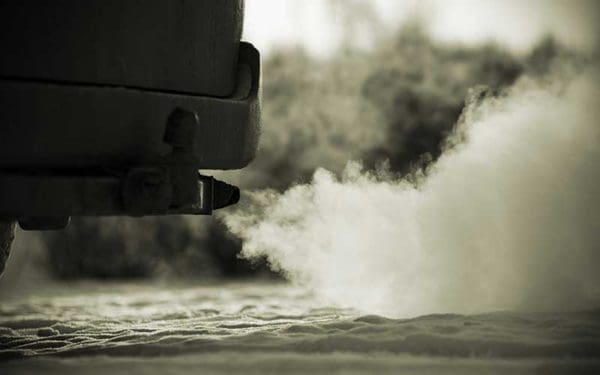 |
May 16, 2019 | Living with Lead Poisoning: One Mother’s StoryThis commentary by a Vermont mom in Saint George is being published anonymously to protect the privacy of her child. No level of lead is safe. Vermont legislators are right now considering legislation that would require all schools and childcare centers to test for lead and fix the problem if it’s found. When our daughter… Continue reading Living with Lead Poisoning: One Mother’s Story |  |
